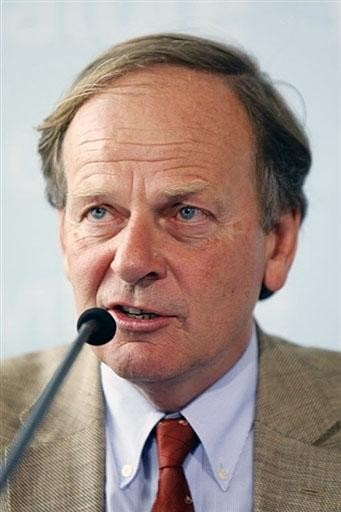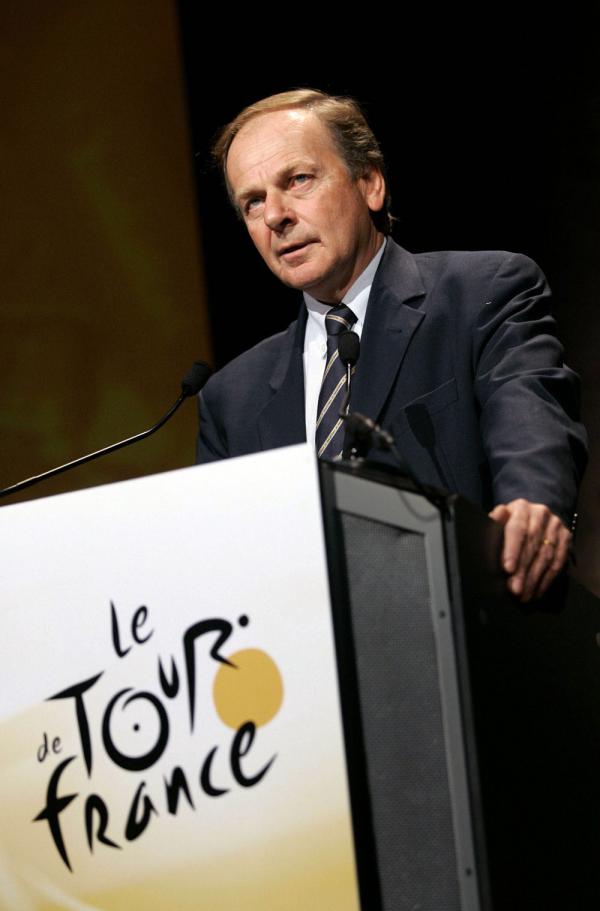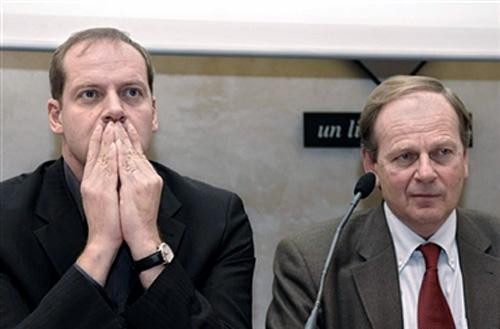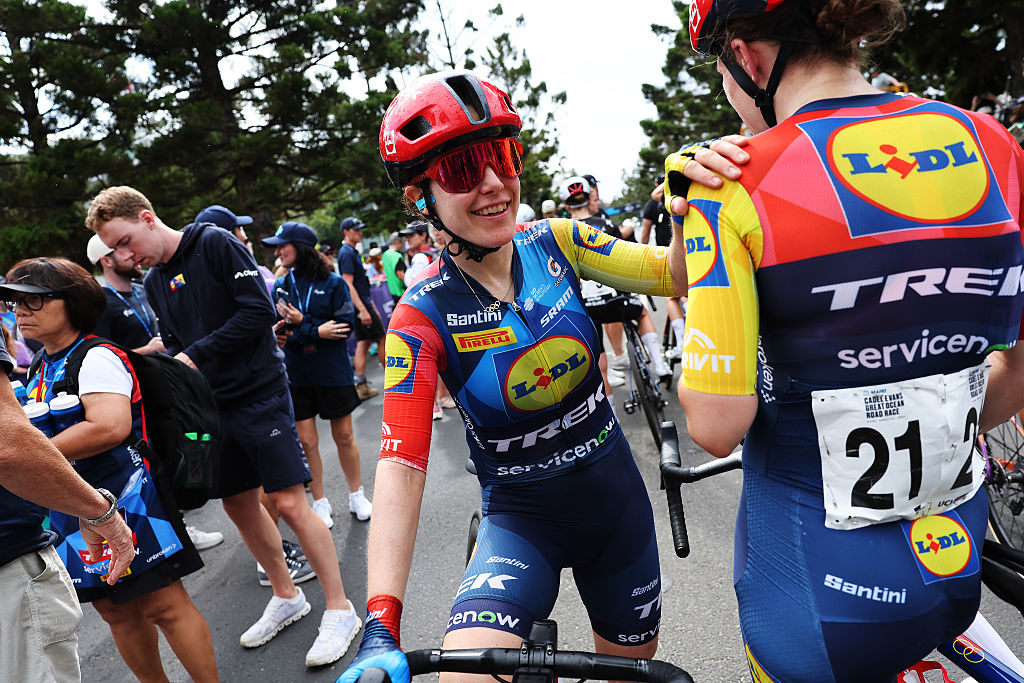Clerc calls on ASO to assume greater responsibility
"I fear the revolution might never happen," says former ASO president
The latest race content, interviews, features, reviews and expert buying guides, direct to your inbox!
You are now subscribed
Your newsletter sign-up was successful



Patrice Clerc, the former president of ASO, has called on the Tour de France organisers to assume greater responsibility in the management of cycling in the wake of the Lance Armstrong affair. In an interview with Le Monde, Clerc said that cycling's system must change if it is to avoid a repeat of the past decade.
During Clerc’s tenure as president of ASO, the organisation was frequently at odds with the UCI, a conflict which culminated in 2008, when it withdrew its races – including the Tour de France – from the ProTour.
One of the consequences of the stand-off was that doping controls at that year’s Tour were organised by the French Anti-Doping Agency (AFLD) and their targeted testing resulted in a spate of positives for EPO-CERA during the race.
Clerc was removed from his post in October 2008 and replaced by Jean-Etienne Amaury, completing a rapprochement between the Amaury Group and the UCI. The Tour de France was restored to the ProTour calendar, while the AFLD was no longer in charge of testing at the race. Earlier that autumn, Lance Armstrong had announced that he was coming out of retirement to ride the 2009 Tour.
“During the 2008 Tour de France, while we were carrying out a policy of controls with [AFLD president] Pierre Bordry that was bearing fruit, the Amaury Group decided to make peace with the UCI. That was an enormous turnaround,” Clerc told Le Monde. Bordry also stepped down from his post at the AFLD two years later.
“The enterprise chose to change its stance on doping by deciding not to enter into the policy of this sport, assuming the more comfortable role of organiser. At that time, I clearly explained that you couldn’t make an agreement with the UCI, because it was not to be associated with. It’s one of the reasons I was shown the door at ASO.”
Clerc expressed his disappointment that ASO, which had been so forthright its reactions to the scandal-hit Tours of 2006 and 2007, had become an altogether more passive body since reaching its accord with the UCI in 2008-2009.
The latest race content, interviews, features, reviews and expert buying guides, direct to your inbox!
“After that agreement with the UCI, ASO has never stopped repeating: ‘We’re only the organisers,’” Clerc said. “Does ASO have a responsibility, a duty to intervene in the anti-doping policy on the Tour de France? If you think so, then ASO cannot stay in a position of neutrality and continue to pass the responsibility to the UCI.”
Clerc described the denouement of the Armstrong affair as the “ineluctable” consequence of cycling’s current structure, and he was critical of the WorldTour. “From the moment that you install a closed circuit where people look to protect themselves, it could only end like this,” he said.
Asked if the Armstrong affair might have a positive impact on cycling’s future, Clerc noted that it was not the first time in the recent past that cycling has found itself at something of a crossroads.
“It’s an important day if cycling really decides to reform itself and to review everything from scratch,” he said. “But it’s a sad day and another step on the descent into hell if nothing changes yet again.
“Armstrong is dead, may he rest in peace. But today, the system that enabled this needs to be dismantled. If it’s not taken apart, if we don’t identify what didn’t work, then cycling won’t get out of this. The system in which these practices thrived is still the same. The men are the same: from the rule makers to the financiers of the UCI, the team managers…”
Paradoxically, however, throughout the scandal-ridden 14 years that have followed the Festina affair, the Tour has continued to be a huge economic success. Against that backdrop, Clerc was pessimistic about the chances to finding real desire for change.
“You can’t deny the success of the Tour: the television audiences are good, the newspapers are full of coverage in July, the local councils battle to host stages,” Clerc said. “Since 1998 and the Festina affair, the Tour has survived a number of earthquakes. Armstrong’s fall is the latest episode of the great soap opera of the Tour de France, which is going to celebrate its 100th edition! So I fear that this revolution is never going to materialise.”

